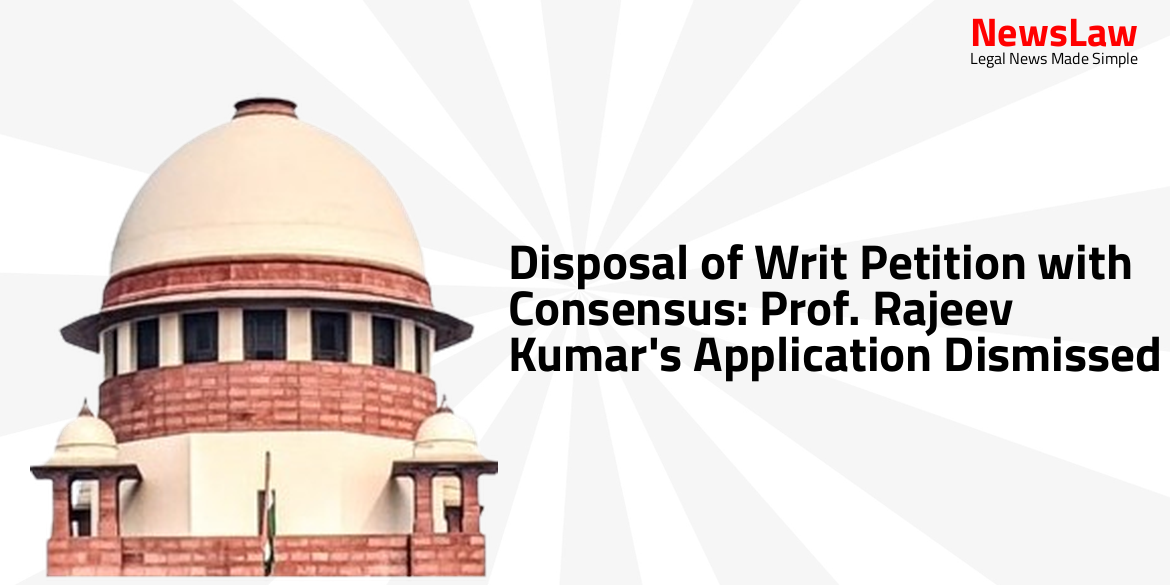Delve into the detailed legal analysis conducted by the court regarding the activities of liaison offices in India. The case highlights the critical examination of the preparatory or auxiliary nature of the operations in relation to tax liabilities and the definition of ‘business connection’ under the Income Tax Act. Stay informed on the court’s decision and its implications on similar cases.
Facts
- UAE Exchange Centre applied for permission under Section 29(1)(a) of the Foreign Exchange Regulation Act, 1973.
- Approval was granted by the RBI for opening a liaison office in India initially for a period of three years.
- The purpose of the liaison office includes responding to enquiries from correspondent banks, reconciliation of bank accounts, acting as a communication center for various banking transactions, printing Indian Rupee drafts, and following up with Indian correspondent banks.
- Conditions for the permission include restrictions on engaging in trading, commercial, or industrial activities, prohibition on charging commissions or fees, funding the office’s expenses solely from funds received from abroad, obtaining prior permission for borrowing or lending money in India, and seeking approval for acquiring, holding, transferring, or disposing of immovable property in India.
Also Read: Land Acquisition Challenges for Integrated Infrastructure Project
Issue
- Core issue: Whether the activities of the respondent-assessee qualify as ‘of preparatory or auxiliary character’?
- The issue was assessed after considering rival submissions and opinions of the Authority and High Court.
Also Read: Analysis of Legal Issues in Property Dispute Case
Arguments
- Mr. Arijit Prasad, senior counsel for the appellants, presented arguments
- Mr. H.P. Ranina, counsel for the respondent, also presented arguments
- Both sides reiterated their stand before the Authority and the High Court
Also Read: Legal Analysis on Levy of Customs Duty on Non-Excisable Goods Sold in Domestic Tariff Area by an EOU
Analysis
- The primary activity of the liaison offices in India is to download information for remittances and print cheques or drafts to be couriered to beneficiaries in India, facilitated by NRI remitters.
- The liaison offices operate in an auxiliary capacity, supporting the main business conducted by the respondent in the UAE.
- The activities undertaken by the liaison offices are limited to preparatory or auxiliary tasks specified by the RBI.
- The permission granted to the respondent limits their functions to back-office operations without trading, commercial, or industrial activities.
- There is no income earned by the liaison offices in India, and any charges for services rendered are collected outside India.
- The High Court’s ruling recognized that the activities in the liaison offices are subservient to the main business and are of preparatory or auxiliary nature.
- The activities of the liaison offices are connected to the main server in the UAE for remittance purposes!
- The role of liaison offices in India is deemed to be essential for completing contracts and executing remittances.
- The work performed by the liaison offices is fundamental to fulfilling contractual obligations and completing remittance transactions.
- The High Court analyzed the applicability of the Double Taxation Avoidance Agreement (DTAA) in the case of back office operations carried out by Morgan Stanley Company.
- The DTAA provisions prevailed over the Income Tax Act in cases to which they applied, even if conflicting with the Act.
- The High Court referred to relevant case laws and highlighted the requirement for a non-resident entity to have a business connection in India to be taxed.
- It was established that the liaison office of the respondent in India was limited to preparatory or auxiliary activities, not primary business functions.
- The High Court compared the activities of the liaison office with the definition of ‘business connection’ under Section 9(1)(i) of the Income Tax Act.
- The High Court specifically referred to the decision in DIT vs Morgan Stanley, emphasizing the nature of activities that would constitute a permanent establishment in India.
- The High Court quashed the ruling of the Authority and the notices issued under Section 148 of the Income Tax Act, granting liberty for alternative legal actions.
- The Department appealed against the High Court decision, leading to the present case before the Supreme Court.
- Section 9(1)(i) of the Income Tax Act deals with income deemed to accrue or arise in India.
- Explanation 2 was inserted after explanation 1 of clause (i) of Section 9(1) with effect from 1.4.2004.
- Explanation 2 clarifies that ‘business connection’ includes activities carried out through a person acting on behalf of a non-resident.
- The definition of ‘business connection’ and ‘business activity’ has been specified.
- Activities of a liaison office in India being of a preparatory or auxiliary character are not considered as a PE under DTAA Article 5(3)(e).
- This exclusion from PE status under DTAA Article 5 leads to non-taxability under DTAA Article 7.
- The legal fiction of not being a PE due to Article 5(3)(e) exempts the liaison office from tax liability in India.
- Various aspects of a permanent establishment are discussed in relation to tax implications between contracting states.
- Article 2 of the DTAA deals with ‘Taxes Covered’ and specifies the types of taxes on income and capital applicable in the agreement.
- The appeal lacks substance.
- After considering all aspects, no merit is found in the appeal.
- The judgment finds no basis for the appeal to be considered further.
- Concluding that the appeal does not have any solid grounds for consideration.
Decision
- The conclusions reached by the High Court are upheld.
- The appeal is dismissed with no order as to costs.
- Pending interlocutory applications, if any, shall stand disposed of.
Case Title: UNION OF INDIA Vs. U.A.E.EXCHANGE CENTRE (2020 INSC 354)
Case Number: C.A. No.-009775-009775 / 2011



